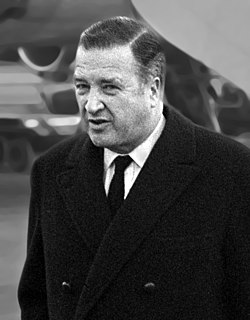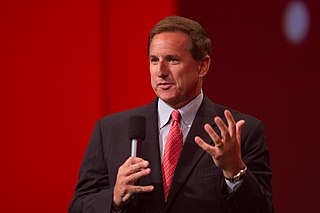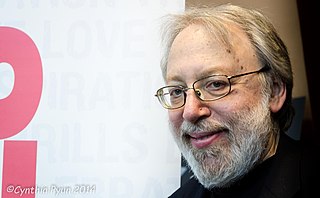A Quote by Clayton M. Christensen
A sustaining innovation makes better products that you can sell for better profits to your best customers.
Quote Topics
Related Quotes
Sustaining innovation is the lifeblood of any enterprise. It is the time when we capitalize upon, and recover from, all the disruptive change prior. Most of the operating profits in the world come from sustaining innovation. Much of the market capitalization gains, on the other hand, come from disruptive innovations.
Tech companies like to set stretch goals, like we'll try to be the best company for women and minorities, and we have to ask, "What does that really mean?" By setting a goal like that, it makes all of us pay attention to that idea and try to innovate around it, to understand the underpinnings. One piece is being transparent, saying "Hey, we have an issue, we're open to innovation on it." It's important for innovation to prove that more diversity makes better products.
The role of business is to provide products and services that make people's live better - while using fewer resources - and to act lawfully and with integrity. Businesses that do this through voluntary exchanges not only benefit through increased profits, they bring better and more competitively priced goods and services to market. This creates a win-win situation customers and companies alike.
Big Pharma needs sick people to prosper. Patients, not healthy people, are their customers. If everybody was cured of a particular illness or disease, pharmaceutical companies would lose 100% of their profits on the products they sell for that ailment. What all this means is because modern medicine is so heavily intertwined with the financial profits culture, it’s a sickness industry more than it is a health industry.
Because these firms listened to their customers, invested aggressively in new technologies that would provide their customers more and better products of the sort they wanted, and because they carefully studied market trends and systematically allocated investment capital to innovations that promised the best returns, they lost their positions of leadership.
When the functionality of a product or service overshoots what customers can use, it changes the way companies have to compete. When the product isn't yet good enough, the way you compete is by making better products. In order to make better products, the architecture of the product has to be interdependent and proprietary in character.

































